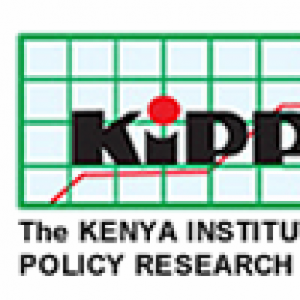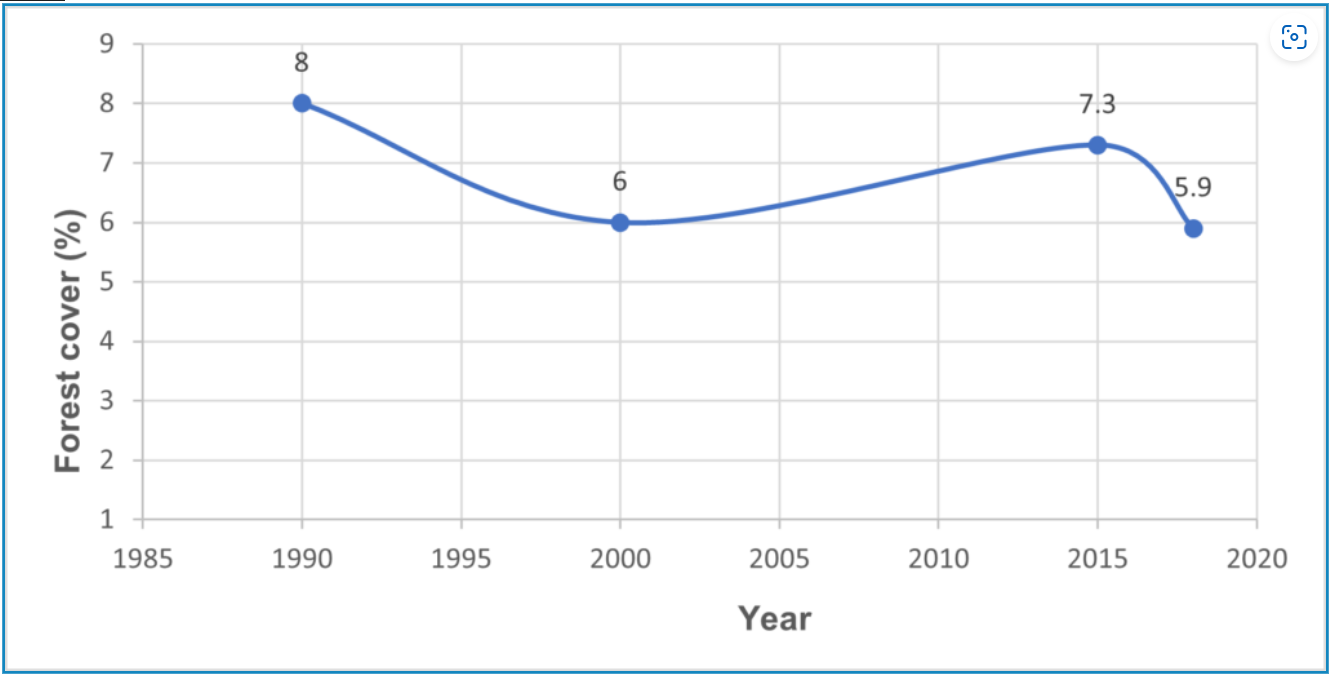In recognition of the importance of Micro, Small and Medium Enterprises (MSMEs) to the economy across the world, the United Nations General Assembly on 6th April 2017 designated 27th June as the international day to celebrate and create awareness on this segment of the enterprises. The World marks the 4th international MSMEs day on 27th June 2020. Among the resolutions adopted by the UN General Assembly include measures such as sharing of research findings and policy discussions on MSMEs. This day therefore provides Kenya with an opportunity to reflect on this important sector of the economy.
MSMEs provide solutions to some of the pressing global and local development challenges such as poverty and unemployment as it absorbs persons outside large enterprises, and those who opt to pursue entrepreneurial path. Youth unemployment remains an immense policy challenge that can be addressed through development of MSMEs. According to the 2019 Kenya Population and Housing Census, 68 per cent of the economically active persons seeking for job are youth. The youth within the age bracket 15 to 34 years account for 36 per cent of the Kenyan population. Over 36 per cent of persons employed in the MSME sector in Kenya are youth.
The Micro and Small Enterprises (MSEs) defined as enterprises employing less than 50 persons and account for about 99 per cent of all MSMEs in Kenya. Development of MSEs is guided by the Sessional Paper No. 2 of 2005 on Development of Micro and Small Enterprises for Wealth and Employment Creation for Poverty Reduction. This policy identified various challenges such as access to finance, markets and weak linkages of MSEs to medium and large enterprises.
Further, a 2019 KIPPRA study on “County Business Environment for Micro and Small Enterprises in Kenya’ identified five critical areas to unlock the potential of MSEs. The five areas include access to affordable finance; innovation, technology and capacity; worksites and infrastructure; markets; and governance and regulatory framework.
Since MSEs are particularly considered high risk borrowers due to information asymmetry, performance volatility and insufficient collateral, they face disproportionately high constraints in access to affordable and adequate finance. Compared to large enterprises, a higher proportion of MSEs utilise credit from microfinance institutions, SACCOs and informal sources (chamas). With the effects of the COVID-19 pandemic, particularly in trade and food and accommodation services where MSEs are concentrated, this compound borrowing risk premium. Further, the support from informal sources such as chamas is weakened as many households are simultaneously impacted by the pandemic.
The government has instituted various measures to address the MSEs financing challenge including affirmative funds such as the Youth Enterprise Development Fund, Women Enterprise Fund and Uwezo Fund. Other measures include licencing of credit reference bureaus to facilitate credit information sharing and enactment of the Movable Property Securities Act, 2017 to facilitate the use of movable property as collateral for credit facilities. The government is committed to establishment of a National credit guarantee scheme to serve as a de-risking instrument for lending to MSEs. This including setting aside a KSh 3 billion seed capital to operationalise the scheme will help in accessing affordable finance, particularly now that MSMEs are seeking finance to realise the recovery trajectory.
MSEs are slow to adopt modern technology. The persistent reliance on old technology means MSEs are unable to reduce production and transaction costs offered by modern technologies. Innovation and technology is particularly critical with the pandemic given the instituted preventive measures such as social distancing and restrictions on movements across geographical boundaries that impact on the operations of MSEs. Low adoption of technology is partly explained by limited capacity of MSEs, both awareness and finance, to invest in innovation activities and intellectual property rights. That said, the ability to produce personal protective equipment with the pandemic demonstrates the significant capability the MSEs possess and which need to be fully exploited.
The market access is an intertwined problem of information asymmetry, poor infrastructure and weak value chain linkages in accessing raw materials and stock and reaching the customers. MSEs source raw materials and other inputs largely from each other and the supply-chain concentration magnifies impacts of shocks. Their customer base is largely localised individual consumers which minimises market flexibility. Moreover, only a few products generated by MSEs undergo standardisation and certification. This limits access to national, regional and other international markets. The pandemic has further elevated this obstacle with reduced face to face seller-customer interactions. However, the pandemic provides an opportunity to reduce reliance on importation of some essential products that MSEs have the capability to supply.
MSEs workplace is a key challenge with limited worksites, appropriate infrastructure and security. Within the worksites, MSEs require adequate and affordable modern common user facilities. Moreover, provision of adequate and affordable utilities such as water, electricity and sanitation services are essential. Over 60% of MSEs operate from rental facilities compared to about 70% large enterprises operating from own premises. This means that MSEs are disproportionately affected by the pandemic since failure to pay rent is a double tragedy as they risk being evicted from the premises. Infrastructure such as centres of excellence like the Kariobangi MSE Centre of Excellence, provide additional opportunities for incubation, knowledge and skill transfer and exchange, as well as enhancing survival rate.
Access to public services across the counties is important in lowering costs of doing business for MSEs. The Huduma Services is an important initiative of the government that have proved valuable. The MSEs associations for self-regulation and lobbying for services and access to markets need to be strengthened to foster development of the sector. With the pandemic, awareness creation through MSE associations has an advantage of tailoring messages to fit their circumstances rather than relying on social media, family and friends.
The Government is reviewing the Sessional Paper No. 2 of 2005 to establish clear mechanisms for addressing the persistent challenges and emerging issues. Once approved the new policy will facilitate having in place measures to cushion businesses from exogenous shocks that have proved to be critical elements for business survival including liquidity challenges and supply chain disruptions.
By Adan Shibia, Anne Gitonga and Githinji Njenga
The authors are policy analysts at the Kenya Institute for Public Policy Research and Analysis (KIPPRA)





